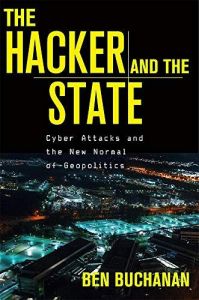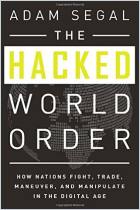Join getAbstract to access the summary!

Join getAbstract to access the summary!
Ben Buchanan
The Hacker and the State
Cyber Attacks and the New Normal of Geopolitics
Harvard UP, 2020
What's inside?
Hacking is becoming more prevalent and sophisticated – and it’s reshaping global politics.
Recommendation
In 2016, a secretive group known as the “Shadow Brokers” released a cache of hacked documents that included details about the US National Security Agency’s most powerful hacking tools. That breach is emblematic of the ever-increasing ferocity of international competition in the digital realm. In this timely book, cybersecurity expert Ben Buchanan explains how hacking and cyberattacks became the norm in the interplay between countries. They are a new form of “statecraft,” he argues, used to shape the world’s political landscape and help countries to gain an advantage over one another.
Summary
About the Author
Ben Buchanan is a faculty member at Georgetown University’s School of Foreign Service, where he conducts research on the intersection of cybersecurity, artificial intelligence, and statecraft. He is the author of The Cybersecurity Dilemma.


















Comment on this summary